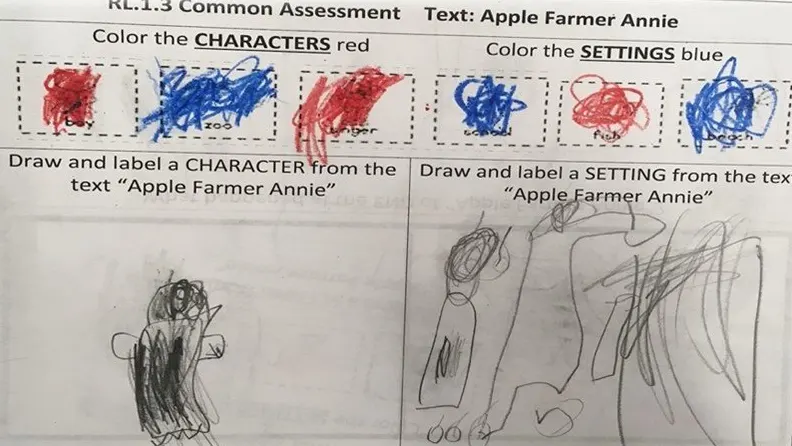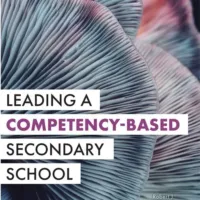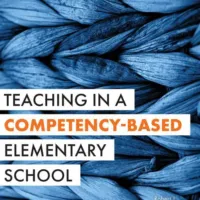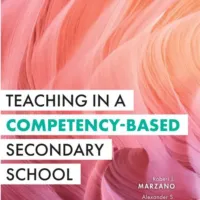
The short answer is no.
Since we are humans evaluating humans through our assessments, there is no such thing as an entirely objective assessment. Even how you distribute potential points for the test is subjective and can change from classroom to classroom. What works better is to be fair in your assessments so all students have an equal chance. Proficiency scales help you define the criteria for learning both for you and your learner. A teacher should ensure their assessments are criterion specific.
In competency-based education, the purpose of assessing shifts from a need to collect points so one can give students a grade to one of gathering evidence to determine if you have competent demonstrations of learning. We attempt to answer the question: “Are the learners able to show us they understand the concepts or can execute the strategies found in Scale Level 3.0 of the proficiency scale?” If not, then what do they still need to know or be able to do? More specifically, what Scale Level 2.0 Foundational Knowledge do they still need so they can apply it to demonstrate they understand the Scale Level 3.0 content? Or maybe the evidence shows they have the foundational knowledge but are struggling with applying the knowledge to demonstrate understanding, solve a prove, make a decision, or another cognitive process you have decided is appropriate for the learner.
Chris McMullen, a teacher at Thomaston Public Schools, made the following statement during the Marzano Academies’ Virtual Training sessions designed to build assessment literacy:
“Formative assessments need to help students recognize the importance of discovering new methods of learning and not just thinking about the “grade .
” Formative assessments do not always have to be a quiz or graded assignments in order to give feedback. By simply seeing what our students know (or are missing), we can then make adjustments to our lessons in order to meet all students at the proper level.”
An assessment used to its fullest provides learners with an insight into the challenges they overcame during the learning journey. What did they do to understand the concepts or execute the strategies without error? When learners see what they have accomplished, they develop a belief in their skillset. This belief then leads to a determination to overcome similar problems in the future. This is what Shane Lopez refers to as the cycle of agency. Learners begin to perceive they have the skillset to control their lives. Good assessment practice helps develop agency in our learners. Poor assessment practices, including using assessments that are not valid, reliable, unidimensional, and at the appropriate level of cognitive complexity, can damage a student’s belief in their ability. This damage could lead to one believing they are not “smart enough” when they were never even had the opportunity to learn it.
Good assessment practices can only happen in a system where the learning outcomes are clear, so learners can easily see:
- where they were,
- where they are now, and
- where they will go next in their learning.
Using the Proficiency Scale structure developed by Dr. Marzano, teachers can identify, both to themselves and their learners, the foundational learning targets, those found at Scale Level 2.0, and the conceptual understanding or strategy they will execute without error. Learners can discover this overall outcome at Scale Level 3.0. If the learner can recall and apply the acquired foundational knowledge in a more cognitively complex way, it would be evidence of reaching the Scale Level 4.0 outcome.
Providing learners with feedback on what they can do to improve their learning using explicit criteria for what the evidence should be is a way to bring more objectivity and fairness to the assessment process for all learners.
For more information on how Marzano Academies can support you, your school’s, or your district’s vision of competency-based education or to discuss any of these points further, don’t hesitate to contact us at: bill.zima@marzanoacademies.org or by visiting our website: marzanoacademies.org. We are here to help.
Resources:
Lopez, S., 2014. Making hope happen. New York: Atria.
Marzano, R., Norford, J., Ruyle, M., 2018. The new art and science of classroom assessment. Bloomington: Solution Tree.





